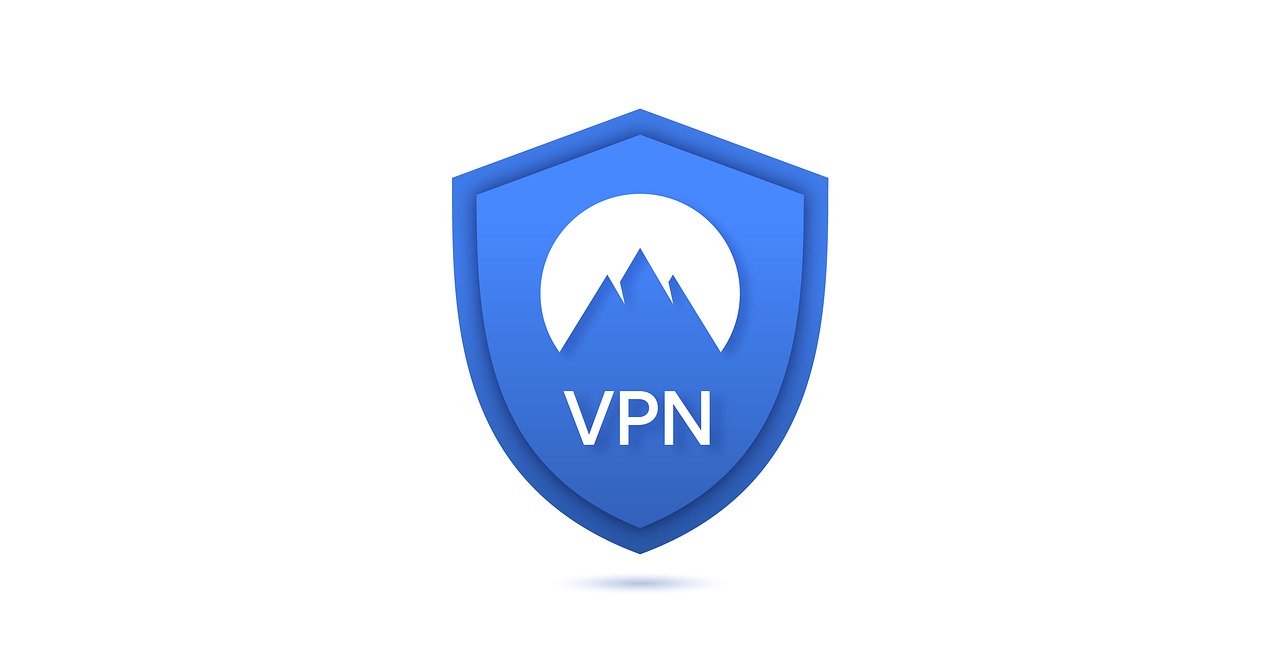With the rapid development of mobile technology, cell phones have become an integral part of our lives. However, the convenience of cell phones also means that our personal privacy may be at greater risk, especially from tracking. This article will explain how to protect your phone from tracking and emphasize the important role of virtual private networks (VPNs) in this regard.

I. Why has cell phone tracking become a problem?
In today's digital age, cell phone tracking has become quite common. Many apps, websites and services collect your location data, browsing history and other behavioral information for ad targeting and data analytics. In addition, some miscreants may try to commit malicious acts such as identity theft, extortion and stalking by tracking your phone. Therefore, it becomes especially important to protect cell phones from tracking.
II. Ways to protect your cell phone from tracking
Here are some ways to help you protect your cell phone from tracking:
1. Turn off location services: Location services are one of the main ways for apps to track your location. Turn location services off when you are not using them to prevent apps from tracking your location. Turn it on only when you really need it.
2. Review app permissions carefully: When installing apps, review and limit the permissions requested by apps. Avoid unnecessary information leakage by authorizing only those permissions that are necessary for the application.
3. Clear browsing history and cache regularly: Clearing browsing history, cache and cookies reduces the chances of being tracked by advertising companies.
4. Use privacy-protecting browsers: Some browsers offer privacy-protecting features that can prevent ad tracking and data collection.
5. Don't share your location information freely: Don't share your real-time location information freely on social media to avoid being exploited by unscrupulous people.
6. Regularly check app tracking settings: Some apps offer setting options that allow you to choose whether or not to allow them to track your location. Check these settings regularly to ensure that your location data is not misused.
How does a VPN protect your phone from tracking?
1. Hide your real IP address: Your IP address is like your digital fingerprint that can be used to track your online activities and location. a VPN hides your real IP address by transmitting your data traffic to a remote server and sending it to the target website. This way, anyone who wants to track you will only see the IP of the VPN server and will not be able to trace it back to your cell phone.
2. Encrypted Data Transmission: Public Wi-Fi networks and unsecured connections can leave your data vulnerable to hacking. a VPN makes your data traffic difficult to decipher by encrypting it. Even if someone intercepts your data, they won't be able to get useful information because the data is encrypted.
3. Bypass geo-restrictions: Some content may be inaccessible due to geo-restrictions. By connecting to a VPN server in another country, you can bypass geo-restrictions and access restricted content by masquerading as a user in that country. This helps protect the privacy of your access while allowing you to enjoy content from around the globe.
4. Block Ad Tracking: Online advertising companies often track your online activity to customize ads. Using a VPN hides your real IP address, making it impossible for advertising companies to link advertising behavior to your identity. This helps reduce the number of targeted ads and protects your privacy.
5. Protect public Wi-Fi connections: Public Wi-Fi networks often lack adequate security and are vulnerable to hacking. When you connect to a VPN, your data will be encrypted, so even if you connect to an unsecured public Wi-Fi network, hackers won't be able to easily access your sensitive information.
6. Hiding app usage: Some apps may track your location and activities without your permission. By using a VPN, you can somehow reduce the ability of these apps to track you and protect your location privacy.
7. Data Confidentiality: A VPN creates a private channel for your data to be protected while in transit. This is important to protect your privacy, personal information and sensitive files, especially when using a mobile data connection.
 Email
Email